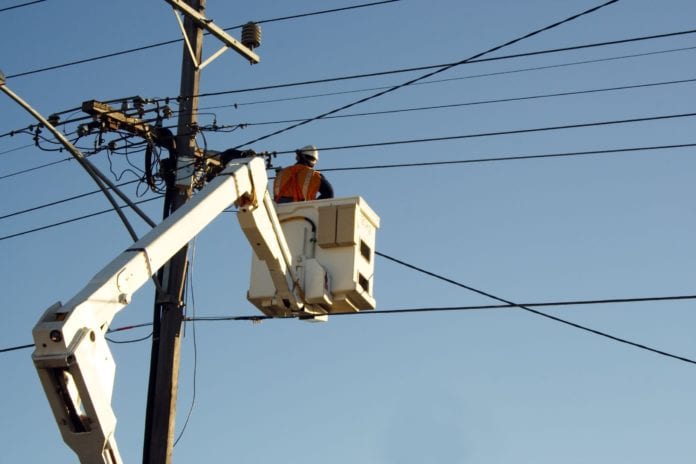Sprint says it plans to defer most of its network densification spending into its 2017 fiscal year. Overall, the carrier projects roughly $3 billion in capital spending this fiscal year, down 36% from last year.
“Their huge cut to network spending suggests that they are going to remain in hibernation mode, minimizing cash burn in the hopes of buying time but with limited prospects for a real recovery,” said analyst Craig Moffett of MoffettNathanson.
Sprint may come out of “hibernation” when the climate for small cells improves, but right now many city governments are moving slowly because they are inundated with applications and requests.
“It can take 18 months to two years – small cells are being pushed out to that type of time frame,” said analyst Iain Gillott of IGR Research. Gillott thinks companies developing small cell sites for Sprint have moved too quickly in some cities, which could now cause delays for other carriers.
“Two things are happening,” said Gillott. “One is the volume of requests is going up … and then also there are stories out there and issues with people trying to circumvent the process and go around to get themselves in faster, which doesn’t help anybody … things stop, the process slows down … when some cities start saying ‘time out; we need to go look at this’ that becomes a major problem for everybody.”
California’s Telecom Law Firm represents several local governments within the state as they negotiate with companies that want to build or attach in the public right of way. Founder Jonathan Kramer said his clients are typically open to mobile infrastructure if companies follow the rules.
“My government clients are not opposed to the installation of facilities in the public right of way,” said Kramer. “They want to ensure that the facilities that go in are properly sited, comply with local codes, and also comply with local, state and federal safety codes.” Kramer said one company that has run afoul of local governments is Mobilitie, which analysts say is siting small cells for Sprint.
“Mobilitie, via its several alias names in California, has approached local governments in this state in some cases saying that they don’t even need local permits to construct; they can just start digging,” said Kramer. “That’s simply wrong under law in California.”
Mobilitie, which is registered as a competitive local exchange carrier in every state, said it would never assume a right to bypass local jurisdictions.
“No one has the right to ‘just start digging’ as you assert, and anyone that’s as experienced or as knowledgeable as we are, would never do such a thing,” said Mobilitie CEO Gary Jabara. “All jurisdictions have a process, different for a CLEC than for those that are not, yet still a process. We endeavor to adhere to those processes at every step. It’s critical we do so because we have had, and will have, many relationships that last many, many years with jurisdictions. Those that aren’t good citizens and partners with the jurisdictions aren’t successful.”
California is not the only state in which Mobilitie is active with respect to small cells. New York State Wireless Association President Christopher Fisher said Mobilitie has talked to several jurisdictions in his area. Systems integrators in other states have been approached by Mobilitie to deploy on behalf of Sprint.
Gillott said some of these projects have now come to a standstill, though he noted permitting delays are not necessarily the kiss of death for wireless carriers as they usually plan network builds a year or two ahead of time.
“Carriers are very good at planning,” Gillott said. “If you look the major carriers today, they know what they’re doing in 2016, it’s already scheduled. … 2017 is already well established and they’re now looking at what they’re going to do in 2018.”
Follow me on Twitter.

Sprint small cell delays could impact other carriers
ABOUT AUTHOR
